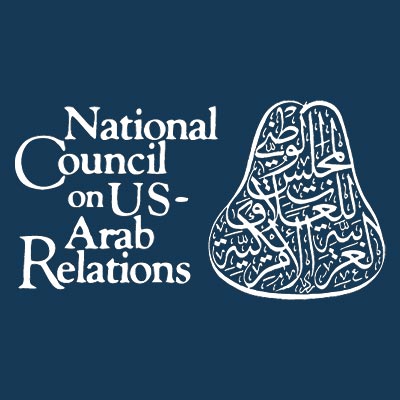KSA, Arab League seek decisive world stand on Syria
Source: Arab News (Read full story)
Saudi Arabia on Tuesday urged the international community to take a “decisive and serious” stand against the regime of Bashar Assad for massacring Syrian people using chemical and other destructive weapons.
“The rejection of the Syrian regime of all serious and earnest Arab efforts and the horrible massacres he committed against his people … requires a decisive and serious stand by the international community to end the humanitarian tragedy of the Syrian people,” said Foreign Minister Prince Saud Al-Faisal. Addressing a meeting of the Saudi-Moroccan Joint Commission in Jeddah, Prince Saud said Assad’s regime has lost its Arab identity and it no longer belongs to the Syrian civilization that has been held in high esteem in the Arab world.…
National Dialogue to resume today
Source: Gulf Daily News (Read full story)
Bahrain’s National Dialogue will resume today with opposition groups planning to submit a list of six pre-conditions for continuing with talks. The news has prompted concerns that the six political societies, led by Al Wefaq National Islamic Society, are seeking to hinder negotiations designed to end Bahrain’s two-year political stalemate. Opposition groups, nine political societies (the Sunni contingent) led by the National Unity Assembly (NUA), three government ministers and eight National Assembly members will meet at the Isa Cultural Centre, in Juffair, today for the 24th dialogue session following the Ramadan break. “The opposition societies will submit a list of six conditions during the talks as we believe it will help the process move forward,” said National Democratic Action Society (Waad) deputy secretary-general Radhi Al Mousawi.
…
Dubai stocks dive 7% as Gulf markets hit by Syria crisis
Source: Times of Oman (Read full story)
…
Prices on the Kuwait Stock Exchange fell 6.0 percent while the largest Arab stock market in Saudi Arabia shed more than 3.5 percent, nearly two hours before closing time. The Dubai Financial Market index closed at 2,549.61 points, led by Emaar Properties, the developer that built Dubai’s Burj Khalifa, which fell 8.36 percent. Saudi financial expert Bishr Bakhit said that “the reason of the drop is the agitation about Syria”. World stocks had fallen after US Secretary of State John Kerry warned on Monday that the United States would demand “accountability” after an “obscene” chemical weapons attack on Syrian civilians. Kerry said the US was still examining evidence of the use of chemical weapons in Syria but left no doubt that Bashar al-Assad’s regime would be blamed.
…
Saudi Arabia steps closer to opening up stock market
Source: The National (Read full story)
Saudi Arabia’s market regulator yesterday outlined stricter disclosure rules for companies in a move seen as the latest sign the Arabian Gulf’s largest stock exchange may be close to opening up to foreign investors. The requirements, which expand on regulations dating from 2006, advise companies to notify investors of any developments that effect their financial performance, the Capital Market Authority (CMA) said. The action was designed to make the market more transparent, it added. “This is an additional step towards opening the market [to foreign investors],” said John Sfakianakis, the chief investment strategist of the Riyadh-based investment firm Masic.
…
Oman, Iran in $60b gas export deal
Source: Khaleej Times (Read full story)
…
Oman has plants able to produce up to 10.4 million tonnes of LNG a year but has not produced more than 8.8 million in the last five years and output fell to 8.4 million in 2012, according to Oman LNG’s latest annual report. According to a working copy of the 2007 agreement between the two countries, in addition to imports of one billion cubic feet per day of gas from Iran for domestic use, Oman would allocate two million metric tonnes per year in excess capacity at its Oman LNG plant to process Iranian gas for export. It is very unlikely that the big European shareholders — Shell and Total — would agree to liquefy Iranian gas while EU sanctions on Iran are in place, but Iranian gas imported for domestic use could free up more Omani fuel to feed Oman’s existing LNG export facilities.
…

